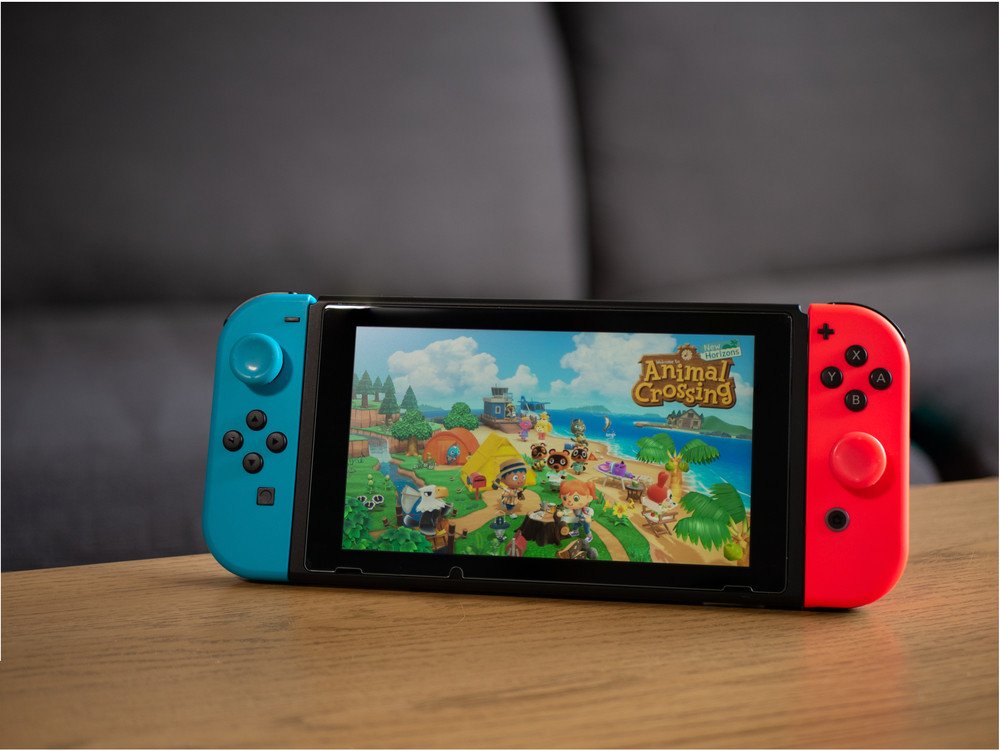The Dark Side of Gaming: Addiction and Mental Health in 2023

Dark Side of Gaming
Gaming has become a significant part of modern-day life. With millions of people engaging in various games every day, it is no surprise that gaming has become one of the biggest industries globally. While gaming can be an excellent form of entertainment, it also has its dark side. Addiction to gaming has been on the rise, causing various mental health issues. In this article, we will discuss the dark side of gaming, its effects on mental health, and how to prevent addiction.
Gaming addiction is a serious problem that can have lasting effects on an individual’s mental health. According to a study by the World Health Organization (WHO), gaming disorder is characterized by impaired control over gaming, increasing priority given to gaming over other activities to the extent that gaming takes precedence over other interests and daily activities, and continuation or escalation of gaming despite the occurrence of negative consequences.
Effects of Gaming Addiction on Mental Health
Gaming addiction can have significant negative effects on an individual’s mental health. Here are some of the effects:
- Depression and Anxiety: Gaming addiction can lead to depression and anxiety. Individuals who are addicted to gaming tend to isolate themselves from others, causing them to feel lonely and depressed. They may also experience anxiety when they are not playing games or when they are faced with real-life situations.
- Poor Academic Performance: Gaming addiction can affect an individual’s academic performance. Students who are addicted to gaming may miss classes, neglect their studies, and fail to submit assignments on time, leading to poor grades.
- Sleep Disorders: Gaming addiction can disrupt an individual’s sleep pattern. Staying up late to play games can cause sleep deprivation, leading to fatigue, lack of concentration, and poor mental health.
- Social Isolation: Gaming addiction can lead to social isolation. Individuals who are addicted to gaming tend to spend more time playing games and less time interacting with family and friends. This can lead to loneliness and isolation, which can negatively affect mental health.
- Aggressive Behavior: Gaming addiction can lead to aggressive behavior. Individuals who are addicted to gaming may become easily irritated and aggressive when they are not playing games or when they are faced with real-life situations.
How to Prevent Gaming Addiction
Preventing gaming addiction is the best way to avoid its negative effects on mental health. Here are some tips to prevent gaming addiction:
- Set Limits: Setting limits is an effective way to prevent gaming addiction. Individuals should set a specific time limit for gaming and stick to it.
- Find Other Activities: Finding other activities to engage in can help prevent gaming addiction. Individuals can find other hobbies or activities that interest them and spend time engaging in them.
- Socialize: Socializing with family and friends can help prevent gaming addiction. Spending time with loved ones can help individuals avoid feeling lonely and isolated.
- Seek Professional Help: If an individual is already addicted to gaming, seeking professional help is essential. A mental health professional can help individuals overcome gaming addiction and deal with any mental health issues that may have arisen from the addiction.
How to Help Someone with Gaming Addiction

If you know someone who is addicted to gaming, there are several things you can do to help them:
- Talk to Them: Talking to the person about their gaming addiction can help them recognize the problem. Be supportive and understanding, and let them know that you are there to help.
- Encourage Them to Seek Help: Encourage the person to seek professional help from a mental health professional. Offer to help them find resources or accompany them to appointments.
- Help Them Find Other Activities; Help the person find other activities to engage in. Encourage them to try new hobbies or spend time doing things they enjoy that don’t involve gaming.
- Set Boundaries: If the person is living with you, set boundaries and limits around gaming. For example, you could set specific times of day when gaming is allowed or limit the amount of time spent gaming each day.
- Be Supportive: Above all, be supportive and understanding. Overcoming gaming addiction can be a challenging process, and the person will need your support and encouragement along the way.
Read More:Redefining Fun: Exploring the Evolution of Gaming and Its Impact on Culture
Conclusion
Gaming addiction is a serious problem that can have lasting effects on an individual’s mental health. It is essential to recognize the signs of gaming addiction and take steps to prevent it. By setting limits, finding other activities, socializing, and seeking professional help, individuals can prevent gaming addiction and avoid its negative effects on mental health.
If you know someone who is struggling with gaming addiction, be supportive and encouraging. Encourage them to seek professional help and help them find other activities to engage in. Together, we can help combat the dark side of gaming and promote positive mental health.











